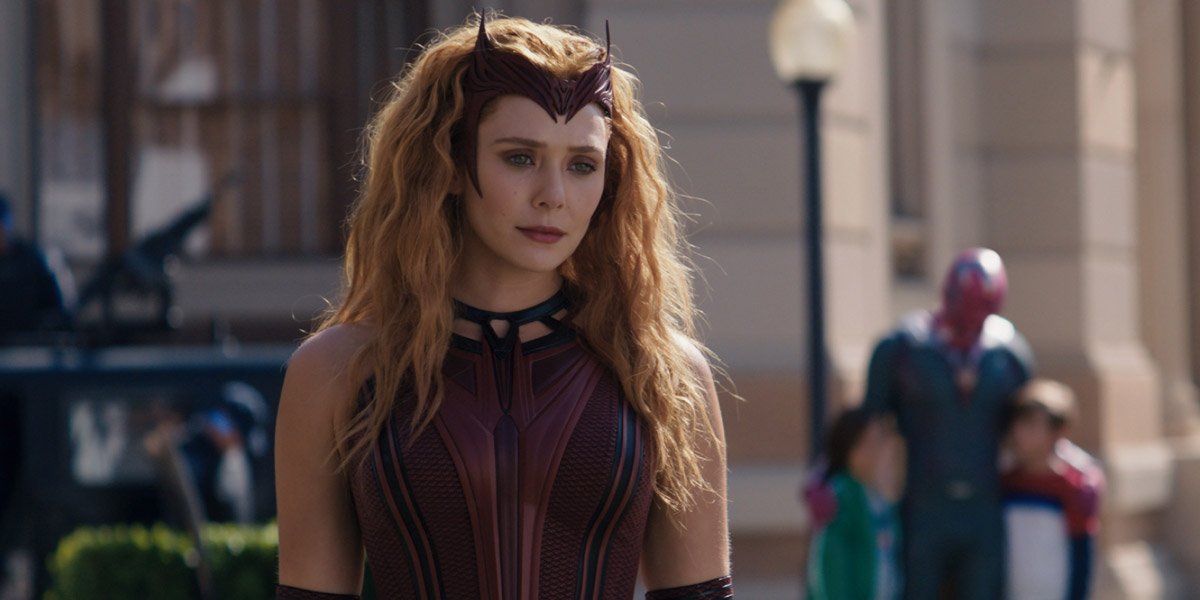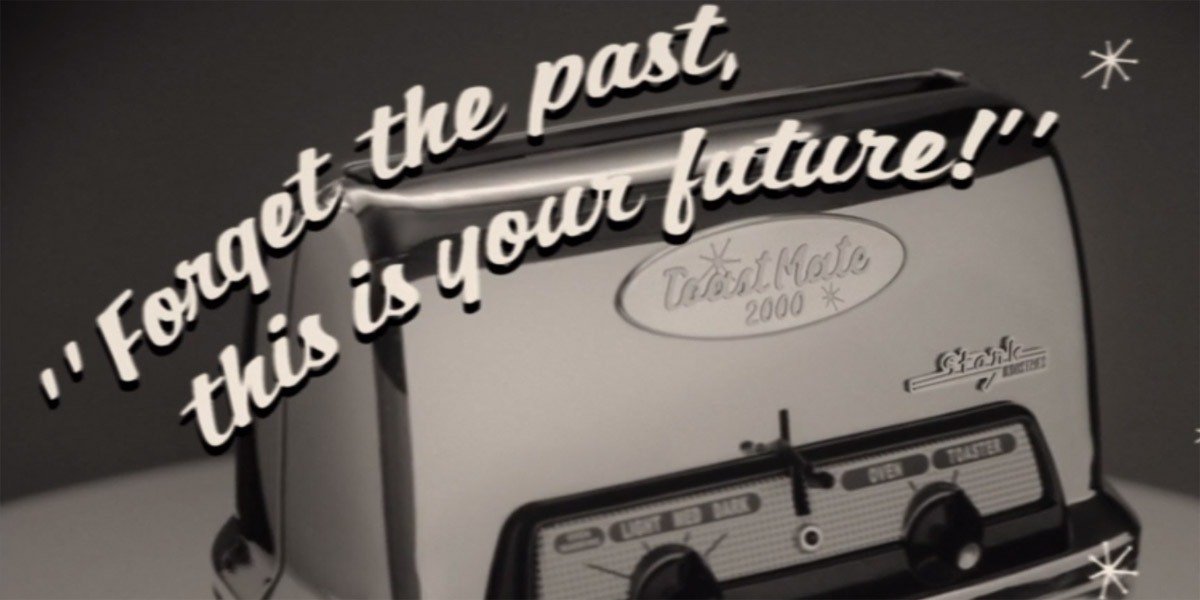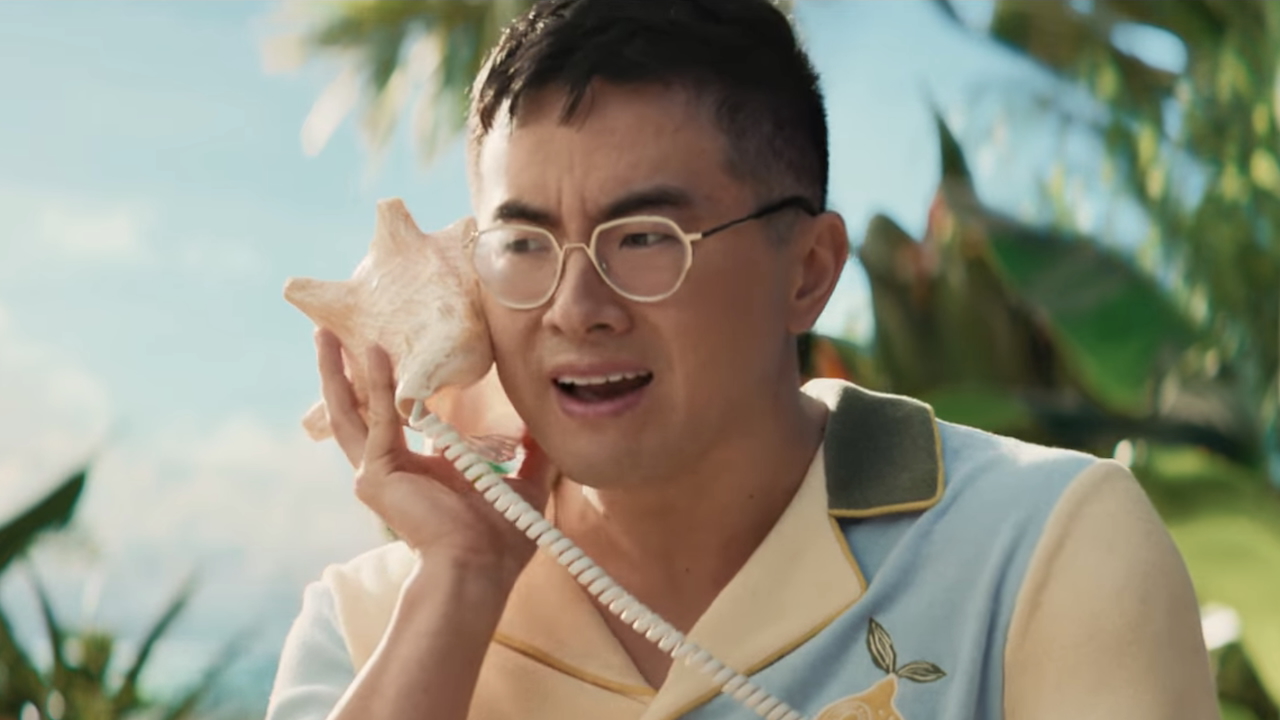WandaVision's Commercials Explained: What We Learned From Director Matt Shakman

Your Daily Blend of Entertainment News
You are now subscribed
Your newsletter sign-up was successful

While Disney+ shows don’t typically have ad breaks, the commercials on WandaVision are one of the coolest aspects of the series. They evolve along with the sitcom aesthetic, with each one feeling like it was made in a specific decade, and they add to the larger theme of the story in creepy and subtle ways. Admittedly they have led to some head-scratching from fans in the wake of the finale, as there isn’t any kind of direct explanation provided for viewers about their nature – but if you’ve been left asking questions, we now have some answers thanks to director Matt Shakman.
I interviewed the filmmaker this week during WandaVision’s post-finale virtual press day, and my own curiosity about the commercials led me to ask about how they exist and what they are within the Marvel Cinematic Universe. I directly asked if the actors who appear in all of the ads – played by Ithamar Enriquez and Victoria Blade – are residents of Westview, New Jersey that Scarlet Witch is also manipulating, and Shakman confirmed it, adding,
Wanda was very thorough, and so she is broadcasting her show, she would need commercial breaks. And so she took two residents of Westview and made them into commercial actors – the man and woman who appear in all of those commercials we wanted to be the same because much like Mr. and Mrs. Hart they've been forced into a role as well.
As noted in the show, one aspect of Scarlet Witch’s hex in WandaVision is that she gives the residents better jobs as a means of keeping hem docile under her control – so maybe the credited “Commercial Man” and “Commercial Woman” are local stage actors who, in their minds, have landed a series of plum TV gigs.
What makes the advertisements particularly interesting in that context, however, is the idea that they are an expression of an alternative part of Wanda’s mind. It’s shown multiple times in the show that Wanda has the capacity to erase or get rid of things that cause her to think about pain or grief, which are then presented as cuts or rewinds, but the commercials seem to be scripted by her subconscious. This is made evident when you recognize that each of the breaks in the WandaVision episodes can be connected to disturbing events from the heroine’s past.
From the Stark Toaster being reminiscent of the missile that landed in the Maximoff house in Sokovia, to the Lagos paper towels referencing the tragedy in the opening sequence of Captain America: Civil War, the commercials are all about trauma. This is something we’ve speculated about before, but Matt Shakman confirmed as much as he continued:
Those commercials are entertaining and fun, and they are meant to ape the way those shows looked back in the day and all the way up through the eighties. We had them in every era of the show, nineties, aughts, but they are also an expression of Wanda's psyche too. They're allowing things from her unconscious to populate those commercials, larger questions about the show or are trickling into those commercials. Obviously we're looking at bits and pieces of her past with Hydra and Stark. It was a way to be cheeky, but also to address some of the larger thematic questions too.
WandaVision, in addition to being about Scarlet Witch discovering the potential of her powers, is about processing grief – in her personal case it being about coming to terms with the death of her parents, the death of her brother, and the death of the synthezoid that she loves (twice over). The commercials are hints at this broader theme along the way, and make for an even better narrative tool when you fully understand all of the dimensions in which they are used.
Knowing all of this, the WandaVision commercials play differently on rewatch – and you can do just that now with all episodes now streaming on Disney+. And if you’re hunger for more from the Marvel Cinematic Universe just won’t abate, be sure to check out our Upcoming Marvel Movies and Upcoming Marvel TV Shows guides.
Your Daily Blend of Entertainment News

Eric Eisenberg is the Assistant Managing Editor at CinemaBlend. After graduating Boston University and earning a bachelor’s degree in journalism, he took a part-time job as a staff writer for CinemaBlend, and after six months was offered the opportunity to move to Los Angeles and take on a newly created West Coast Editor position. Over a decade later, he's continuing to advance his interests and expertise. In addition to conducting filmmaker interviews and contributing to the news and feature content of the site, Eric also oversees the Movie Reviews section, writes the the weekend box office report (published Sundays), and is the site's resident Stephen King expert. He has two King-related columns.
